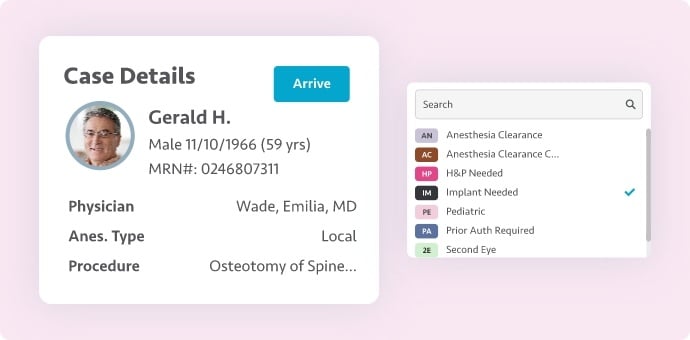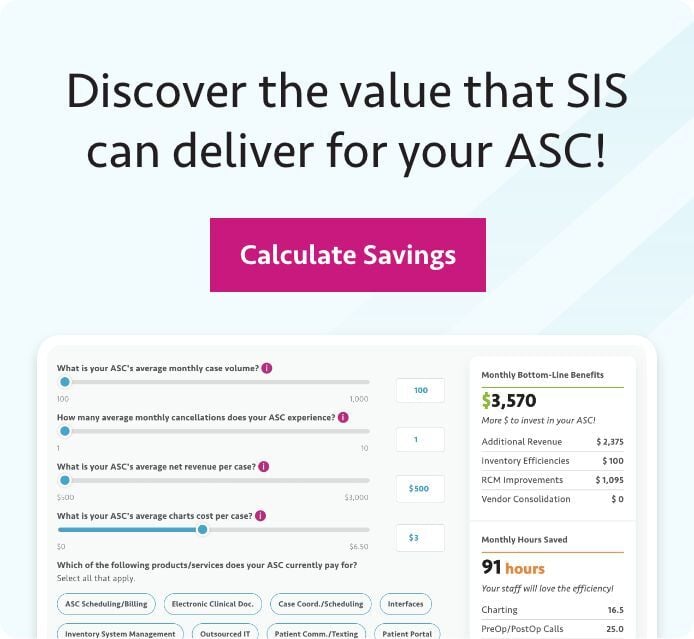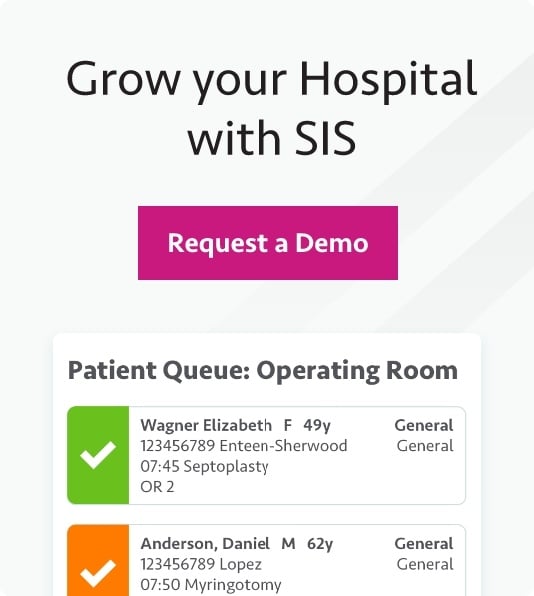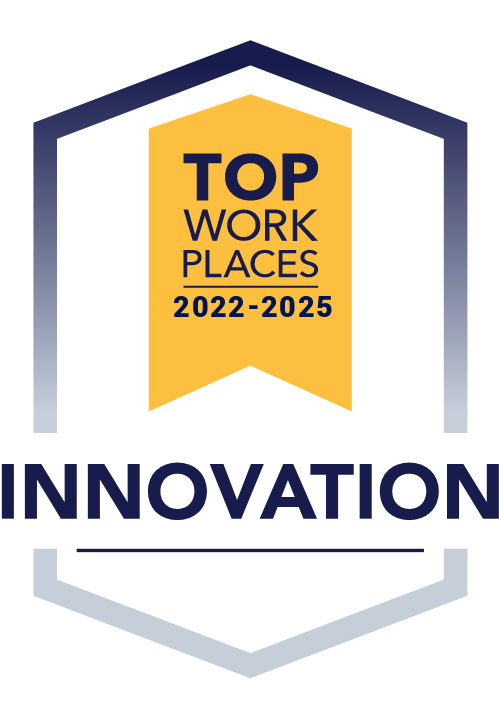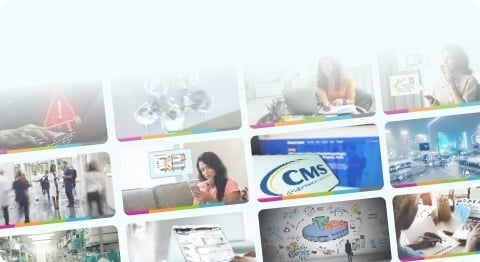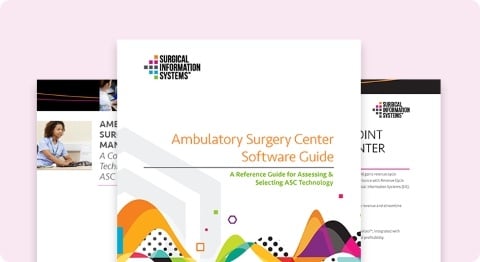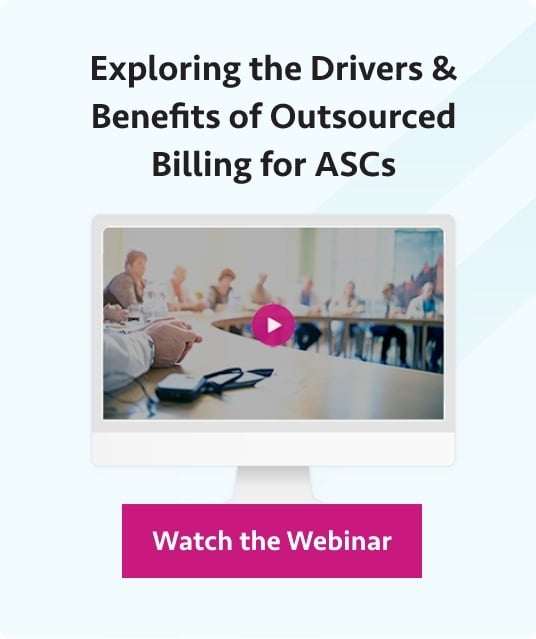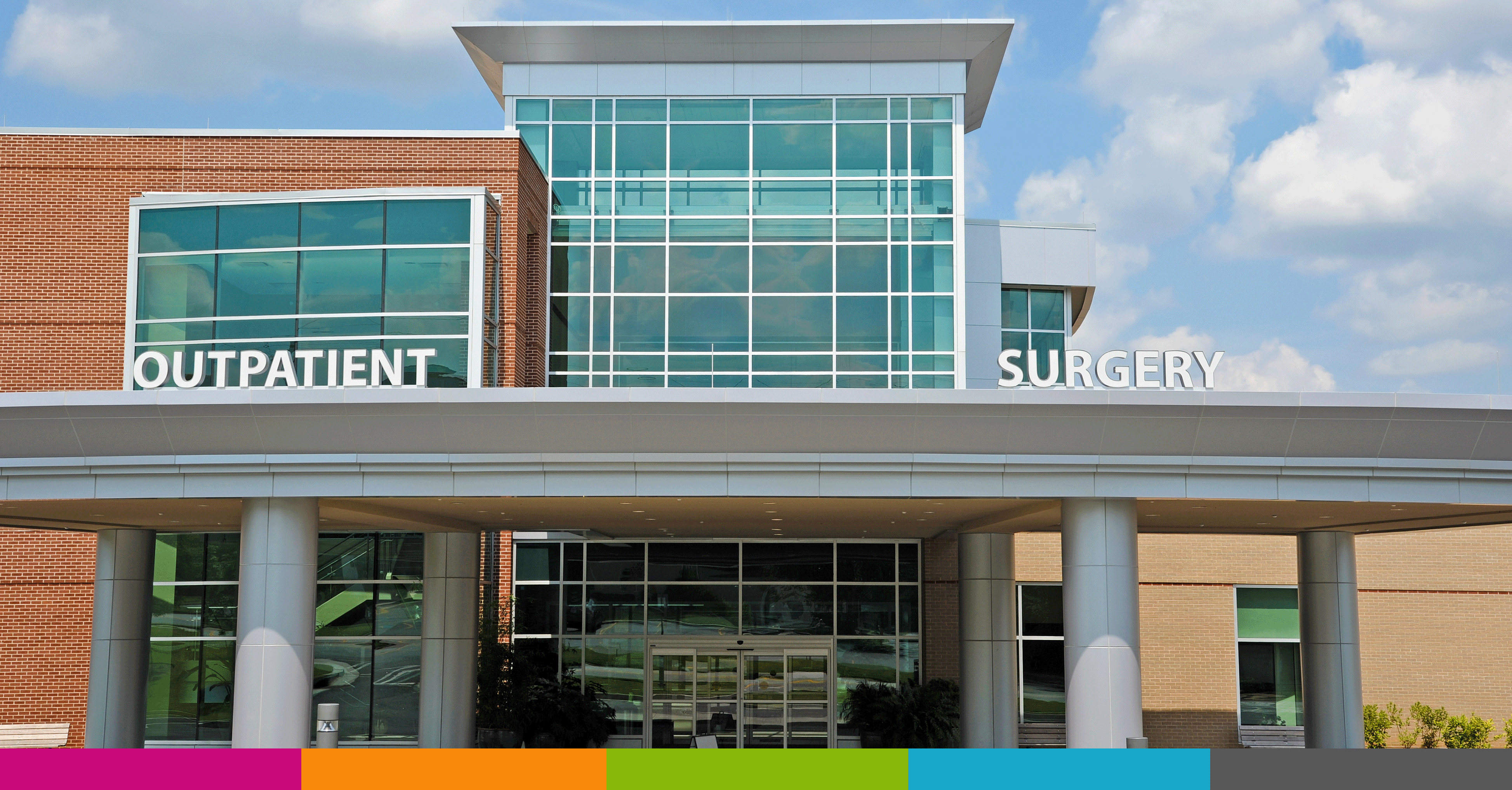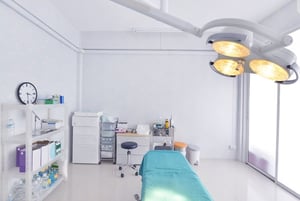Recap of key insights from SIS' National ASC Month Webinar, "What's next for the ASC Industry? A Panel Discussion"
To celebrate National ASC Month, Surgical Information Systems (SIS) hosted the "What’s Next for the ASC Industry?" webinar. The event brought together a panel of distinguished experts to share their insights on the future of ambulatory surgery centers (ASCs). Attendees gained a clearer understanding of current challenges and long-term opportunities, along with actionable advice to drive operational efficiency, financial performance, and strategic growth.
The discussion was led by Darren Smith, VP of ASC Solutions at SIS, and featured a panel of seasoned professionals:
- Jen Vallier, RN, Former Executive Director, Michigan Orthopaedic Surgeons
- Janet Carlson, MSN, BSN, RN, NE-BC, FACHE, Vice President, Commonwealth Pain and Spine
- Lisa Alteri, President & Owner, Capital Health Consulting
- Lindsay Hanrahan, VP, Product Management, Integration and Data Services, SIS
- Virginia Feldman, MD, Co-Founder & CEO, Nexus Health Resources
The webinar explored five critical topics shaping the future of the ASC industry. Here’s a breakdown of the key discussion points and takeaways, as well as best practices ASCs can follow to help improve their financial, clinical, and operational performance.
*Note: Panelist quotes have been lightly edited for readability.
Market Growth and New Opportunities
The ASC market is expanding rapidly as more patients, physicians, and payers recognize the benefits of outpatient surgical care. The panelists discussed how ASCs are increasingly seen as a solution to a strained healthcare system, with surgery centers typically offering equal to or better outcomes, greater convenience, and lower costs than hospitals. A significant contributor to the growth of ASCs involves educating legislators and the public about what surgery centers are and the extensive value they provide.
Lisa Alteri underscored the fundamental need to educate legislators about the ASC model:
"When we first started engaging with legislators, many didn’t even understand what an ambulatory surgery center was. Some thought it was just a place to get a cast... We spent significant time simply educating them. Now, we’re seeing explosive growth in awareness and support because ASCs are clearly part of the healthcare solution: They offer better outcomes, lower costs, and what patients actually want. The healthcare system is evolving, and ASCs are at the forefront of that change."
Best practice:
Impact of Technology Innovation
Technology is no longer a support function but a strategic driver of clinical excellence and financial success in ASCs. The panel noted the surgery center industry's shift from paper-based charting to integrated software solutions that streamline workflows and enhance data transparency. For modern ASCs, technology must be robust and responsive to the specific needs of physicians and clinical staff.
Jen Vallier on why prioritizing investment in modern, integrated technology is essential for ASCs:
“Many ASCs still rely on paper charting or a patchwork of disconnected systems — what I call a ‘Frankenstein’ setup. The shift to integrated technology isn’t just about convenience; it impacts clinical, operational, and financial performance. When systems don’t talk to each other, you can’t track costs accurately or ensure compliance efficiently. But as platforms evolve and vendors listen more to ASC leaders, we’re seeing real progress. The more time you invest in aligning your technology with your workflows, the more it pays off — through better data, improved compliance, and stronger clinical outcomes.”
Best practice:
Critical Role of Interoperability
As ASCs integrate into larger corporate entities, hospitals/health systems, and private equity groups, interoperability, or seamless data exchange, becomes critical. Effective interoperability eliminates manual data re-entry, a primary cause of inefficiency and errors. This enables staff to prioritize and deliver exceptional patient care.
Lindsay Hanrahan on how interoperability drives ASC efficiency:
"Interoperability is fundamental for ASCs, not just for efficiency, but for enabling staff to focus on patient care instead of repetitive administrative tasks. Highly skilled clinical staff are often burdened by manual data entry, duplicating work across disconnected systems. When platforms integrate, accuracy and timeliness improve, and teams are freed to prioritize quality care. As more ASCs are acquired , clean, accessible data and scalable workflows are essential for increased efficiency, value, and readiness for growth.”
Best practice:
Optimizing Revenue Cycle Management (RCM)
Effective RCM is crucial to the financial success of any ASC. The panel discussed the choice between managing billing in-house or outsourcing parts or all of RCM to a specialized partner. This decision often hinges on factors like an ASC's operational complexity, staff capacity, and strategic goals. Regardless of the approach, clear communication and consistent performance monitoring are key to success.
Janet Carlson shared valuable insights on how ASCs can assess their revenue cycle management strategies:
"There is no universal solution for ASC revenue cycle management. The decision to outsource, whether fully or partially, is contingent upon factors such as case complexity, staff capacity, and strategic objectives. Partial outsourcing can enhance efficiency without relinquishing control, provided there is a robust in-house billing team. Full outsourcing may be optimal for ASCs encountering staffing deficiencies or compliance challenges, particularly during periods of significant expansion. The objective is to achieve an appropriate equilibrium among scalability, regulatory adherence, and strategic focus."
Best practice:
Enhancing the Patient Experience
The success of an ASC ultimately depends on the patient experience. Every interaction, from the first contact to post-operative follow-up, plays a crucial role. As ASCs take on more complex cases and expand their services, maintaining high standards of care requires careful evaluation of workflows and a commitment to ongoing improvement.
Dr. Virginia Feldman shares why patient experience should be at the core of all ASC business decisions.
“Everything impacts the patient experience. When you expand service lines or tackle higher-acuity cases, you need to honestly assess what might be strained and plan accordingly. Start by identifying your strengths, whether it’s efficient front desk operations, attentive nursing, or quick turnovers. Then, clearly communicate with your team about potential challenges and how you’ll support them through the changes. Growth is exciting, but it must come with the right tools and a solid plan to maintain the quality of care patients expect.”
Best practice:
Charting the Course for a Smarter ASC Future
The insights from "What’s Next for the ASC Industry?" webinar highlight more than strategic planning; they emphasize the profound impact of collective strength in a rapidly evolving healthcare sector. The future of ASCs belongs to those that strategically embrace growth, leverage advanced technology, prioritize seamless interoperability, strengthen revenue cycle management, and consistently deliver exceptional patient care. This success is not an isolated achievement.
As Jen Vallier put it perfectly to close the discussion:
“ASCs are no longer standalone entities but integral components of a robust network. They benefit from extensive resources, including state associations, ASCA (Ambulatory Surgery Center Association), strategic vendor partners, and peer facilities. It is imperative to engage with this network actively, identifying and adopting leading practices while contributing your expertise. This collaborative spirit elevates industry standards and, ultimately, optimizes the patient experience.
By strategically focusing on both technological innovation and industry-wide collaboration, today’s ASC leaders can not only navigate current demands but also proactively shape the future trajectory of outpatient surgical care.
We invite you to access the complete webinar recording for practical, actionable insights from leading ASC executives. Furthermore, to truly empower your ASC to Operate Smart™, explore how (SIS delivers comprehensive software and services designed to drive clinical, financial, and operational excellence*




